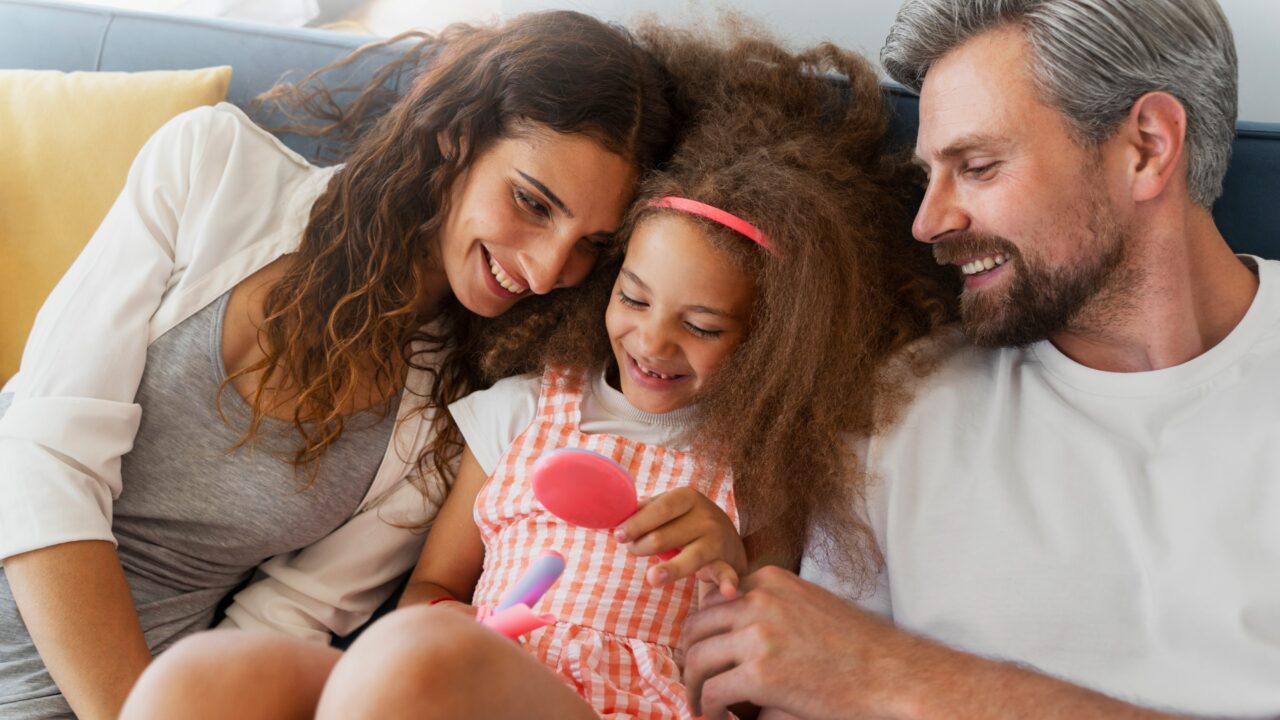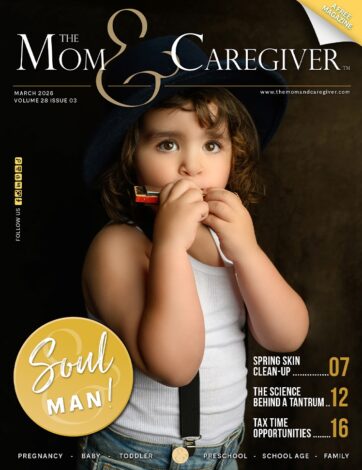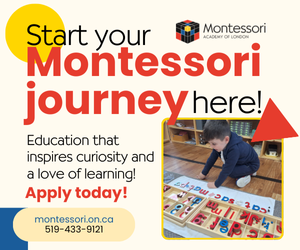Talking to Your Child About Adoption
I was adopted at nine months old and always knew my sisters and I were adopted from China. My parents started by retelling my adoption story at bedtime, introducing me to picture books featuring adoptive families, and later encouraging me to journal my feelings. They always reinforced that I was loved and showed respect toward my birth mother by acknowledging the difficult geopolitical situation in China during the one-child policy.
Each adoption situation is different and children can be adopted in many ways – from another country, through private agencies domestically or through foster care. Here are some tips for talking about adoption with your child:
- Encourage them to explore their roots
Many children in open adoptions desire to maintain relationships with their biological parents, and you can help keep those lines of communication open. Always try to be respectful when talking about their biological family and avoid terms like “gave up for adoption” (better options include “placed for adoption” or “made an adoption plan”). For children adopted from another culture, you can also help them learn more about their ethnicity through language programs, music, films and food. - It’s okay to not have all the right answers
In the case of closed adoptions, you may have limited information about your child’s biological family. Many children appreciate it if you share what you know about their family history, but also be honest about the parts of their story you don’t fully know. - Accept their honest emotions
Adoption isn’t easy and it’s natural for children to experience a range of grief and confusion. Position yourself as a supportive sounding board and listening ear. If helpful, many children and teens also find it helpful to seek additional counselling. - Provide unconditional love
Adopted children may doubt that they belong and are accepted, or they may fear that adoption is reversible. Reinforce that the necessity of adoption was not their fault, and that they are deeply cherished.
Processing adoption is a lifelong experience and feelings may change over time, but by instilling values of openness, respect and empathy, you can help children heal and thrive.
Leah Sutterlin, www.adoptioncouncil.org












